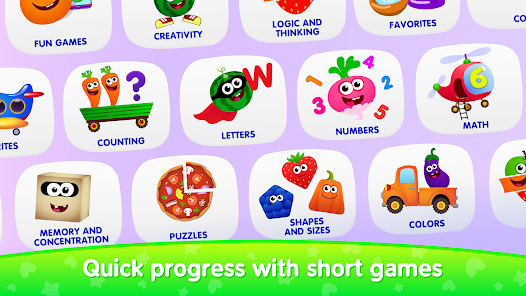Playing educational games is one of the best ways to teach young children new concepts. Games for kids aged 2 to 4 should be simple, fun and interactive. The following is a guide that outlines how to pick the right educational games for your child and how to make the most of them for learning.
1. Choose Age-Appropriate Games
The first step in selecting an educational game for your child is to consider his or her age. Choose games that are specifically designed for children between the ages of 2 and 4. Avoid games that are too complex or require advanced reading or math skills, as your child may become frustrated and lose interest. Instead, opt for games that are simple, visually appealing and have easy-to-follow instructions.
2. Make Sure the Game Is Interactive
Kids at this age learn best through active engagement and interaction. Therefore, the game that you choose should have elements that encourage interaction, such as touch, sound and motion. It should also be a game that your child can play independently. Interactive games help children develop important motor skills and improve cognitive abilities.
Educational games for kids 2-4
8.2
Educational








